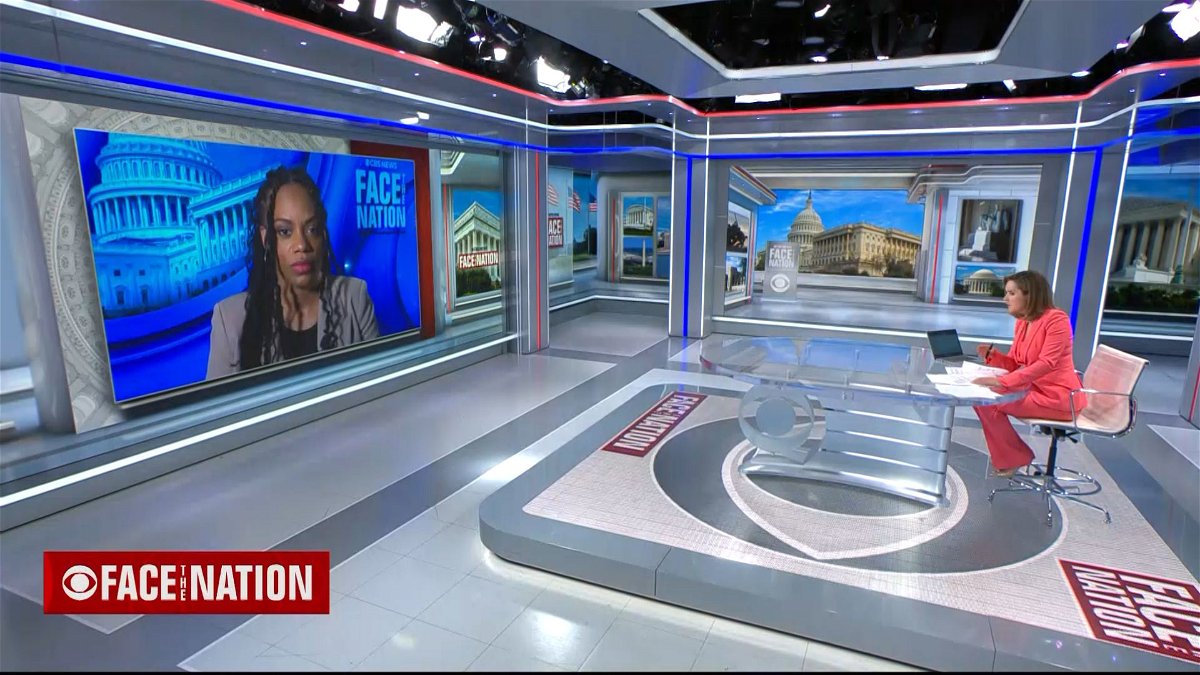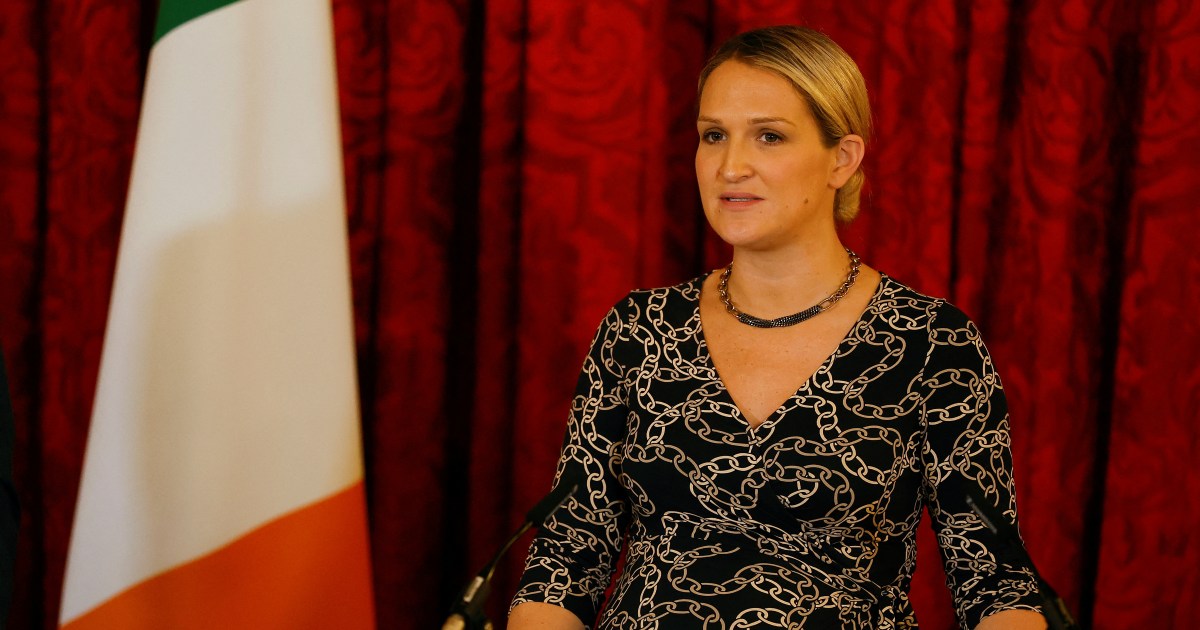Movie Reviews
‘Magpie’ Review: Daisy Ridley in a Thriller About Motherhood, Loneliness and a Husband with a Fatal Attraction

How distraught is Annette, the severely troubled British mother of two played by Daisy Ridley in “Magpie?” She has gotten a short angular haircut, one that might, in another context, be the height of chic (very Isabella Rossellini). Except that the movie uses it as a symbolic expression of her trauma, like Mia Farrow’s iconic Vidal Sassoon cut in “Rosemary’s Baby.” Annette, who’s on some serious medication, looks at a mirror until it breaks. Does she have telekinetic powers? No, she broke it with her hand (which bleeds into the sink), but the force of her repressed rage is palpable. Ben (Shazad Latif), her British Indian husband, is a noted author, and every comment she makes about his work is a sly dig. She speaks in brief, clipped “civilized” phrases. At one point a bird crashes into the window of her home. The whole atmosphere of the film is drenched in her cold anger.
Annette is suffering from something profound, but it’s not an illness. It’s the blues that can overwhelm mothers who are raising young children and feel alone, isolated, maybe abandoned. Ben, it turns out, committed a primal sin, and it was simply this: After their son, Lucas, was born, he went away for months to research a book, with no awareness of how much Annette needed him. He put all the responsibility on her, and when he returned, she was never the same.
The complex and even traumatized undercurrent that some mothers experience isn’t merely a good subject for a movie; it’s one that’s long overdue. Yet “Magpie” presents Annette to the audience in a way that seems rather extreme, and the entire movie is like that. Most of us don’t blink an eye at cinematic real-estate porn, but the house that Annette and Ben have in the country outside London is as huge and roomy as a museum. When Annette goes to lunch with a former colleague, the stiltedness of their connection — and the sound of Lucas crying in the restaurant — infuses every moment with awkwardness. And then the plot kicks in. Annette and Ben’s daughter, Matilda (Hiba Ahmed), who’s around eight, has been cast in a big-budget costume drama, where she’s set to play the daughter of the main character, who’s being portrayed by a glamorous Italian movie star named Alicia (Matilda Lutz).
Ben is chaperoning Matilda on set, and we’re cued, from minute one, to see that he and Alicia have a connection (a lot more of one than he seems to have with his wife). In case we miss the point, a tabloid website runs a paparazzi shot of the two them, asking who Alicia’s new “mystery man” is…and it’s only the second day of the shoot. Much of “Magpie” feels overstated yet underwritten. It’s fine that the film shows us Ben’s interest piqued by a celebrity sex tape of Alicia. But does it have to underline the point by having him masturbate to it in the shower, and having Annette hear him through the door? As Ben and Alicia develop a mutual crush, the atmosphere the film seems to be going for is gloomy indie “Fatal Attraction.” And my thought was: “Fatal Attraction” was a lot subtler.
As “Magpie” goes on, though, a funny thing happens. You begin to settle into the film’s overly telegraphed style, its mixture of obviousness and enigma. You accept that this is not Hitchcock, or even Adrian Lyne. The first-time director, Sam Yates, working from a utilitarian script by Tom Bateman, slathers on mood, yet there’s a primitive charge to the film’s no-frills staging. You want to see what’s going to happen next. And Daisy Ridley, whose idea the movie was based on, knows exactly what she’s doing. She dares to play Annette as brittle and “unreasonable,” because that’s just how a man like Ben would view her. He doesn’t realize that he’s the problem: his entitlement, his cluelessness about what mothers actually go through. He just wants to leave it all behind and plunge into an affair with Alicia, whose attentions are so flattering. The two begin to text, flirtatiously and then ardently. He thinks that he’s found a way out of his doldrums. But he has no idea what’s really happening. And neither does the audience.
Shazad Latif, with his tall handsomeness, his gentle grin, and his man-bun, plays Ben as someone who has worked hard to be sensitive, and therefore thinks that what he wants he deserves. But he’s deluded. He is, on the film’s own terms, toxic, but “Magpie” isn’t a harangue. It’s a thriller, and for all the Screenwriting 101 simplicity of many of its scenes, it builds toward a climax that’s disarmingly fun and satisfying. It’s one of those “Usual Suspects”/”Saltburn” twists, which means you have to accept that there’s a certain only-in-the-movies logic to it. But when the twist arrives, it has a crowd-pleasing resonance. It’s not just about playing games. It’s about a mother saying how much she wants to be loved.

Movie Reviews
Challengers Movie Review

The opinions expressed in this article are the writer’s own and do not reflect the views of Her Campus.
This article is written by a student writer from the Her Campus at San Francisco chapter.
On Monday, April 22nd Regal Stonestown Galleria, just a few hundred feet away from SFSU, hosted an advanced screening of Challengers, one of the most highly anticipated movies of 2024. Directed by Luca Guadagnino and starring Josh O’ Connor, Mike Faist, and Zendaya – Challengers I can confidently say, lived up to its long awaited release.
The original release date for the film was September of 2023, but with the WGA/SAG-AFTRA strike, we got our first trailer in June of 2023 to then have to wait a grueling ten months for its release. I have already seen the film twice and cannot wait for it to hit streaming platforms and here are three things that I will not stop talking about.
Codependency: The Movie
Given the director’s candid remark, “I think those three characters in that movie are beautifully complex and really f*cked-up people that I love very much,” it couldn’t be a more fitting description for Art, Tashi, and Patrick. The audience has been divided by their love, understanding, or attraction to each character. However, after watching it for the second time, I’ve come to realize that these characters are indeed beautifully complex. They are all in pursuit of something they can only find in each other, which undeniably influences their actions. Therefore, when you find yourself torn between Team Art, Team Tashi, or Team Patrick, you might unconsciously be gravitating towards the character whose actions you find most tolerable. After my first viewing, I was 100% Team Art, but even at the time of writing this article I don’t know where my allegiance lies at this point.
Stellar Cinematography
Italian director Luca Guadagnino has solidified his status as a legend in the film industry, known for creating emotionally complex, sultry, and visually captivating works. Challengers, is no exception. As a cinema student, I was fascinated by cinematography. For those familiar with Guadagnino’s 2022 film Bones and All, starring Timothée Chalamet and Taylor Russell, you’ll notice striking similarities. The movie sports camera angles that bring you intimately close to the characters, almost as if you’re intruding on their personal space. There are intense shots that seem to place the camera on the tennis ball as it zips back and forth across the court. True to Guadagnino’s style, there are also moments where time seems to slow down amidst what would otherwise be fast-paced scenes.
Sexual Tension
This. Movie. Is. Sexy.
For a film that has absolutely zero sex scenes, there are moments in this film that will leave you feeling flushed and excited. As someone who’s never been a big sports fan, I now see tennis as the most intimate sport out there. I will keep this paragraph short but all I will say is that viewers will walk away from this film with a new love for short shorts, sweat, and they’ll never look at a churro the same way again.
Movie Reviews
High & Low – John Galliano Movie Review: A fascinating study of a fashion designer's fall from grace

The premise of Kevin Macdonald’s High & Low – John Galliano lends itself well to the documentary format, given that it charts the zenith and nadir of the career of a famous fashion designer. The highs are insane, and the lows plummet to profound depths. The first half of the film captures John Galliano’s rise from the boutiques of London to the haute couture scene in France. Two-three passages in the first half stand out, thanks to the nuggets of information Kevin presents. One is about how Galliano was inspired by Abel Gance’s silent film Napoléon to create an extravagant clothing style among the elite. During the French revolution, youngsters apparently resisted the trend of clothes without extravagant styling, and this film shows how Galliano channels this through his fashion, with the repeated use of Napoléon drumming in his influence on the fashion designer’s work.
Director: Kevin MacDonald
Cast: John Galliano, Charlize Theron, Penélope Cruz, Edward Enninful, Naomi Campbell
Streamer: Mubi
The other, more fascinating portion of the film’s first half is so typical of the Kevin Macdonald brand of storytelling. First, through a mix of voiceover and fashion footage, Kevin shows Galliano’s response to the abuse he faced in childhood for homosexual tendencies, and the resultant trauma. There is a portion about his father beating him for calling a young man “gorgeous.” Kevin juxtaposes this with a moment where Galliano, now a successful fashion designer, clad in a pink T-shirt that says “gorgeous,” walks the ramp with a couple of women. It is particularly provocative for the blink-and-you-miss-it way in which Kevin presents it, much like how he addresses Idi Amin’s meat-eater reputation in The Last King of Scotland. By this time, the film leaves you engrossed in its world-building, full of dramatic lighting that highlights the models and their garments, the clicking sound of cameras, and the energetic background music. For a good part, watching the film is like being on the front row of a fashion show, thanks mainly to the use of archive footage.
Movie Reviews
Film Review: The Goldfinger (2023) Felix Chong
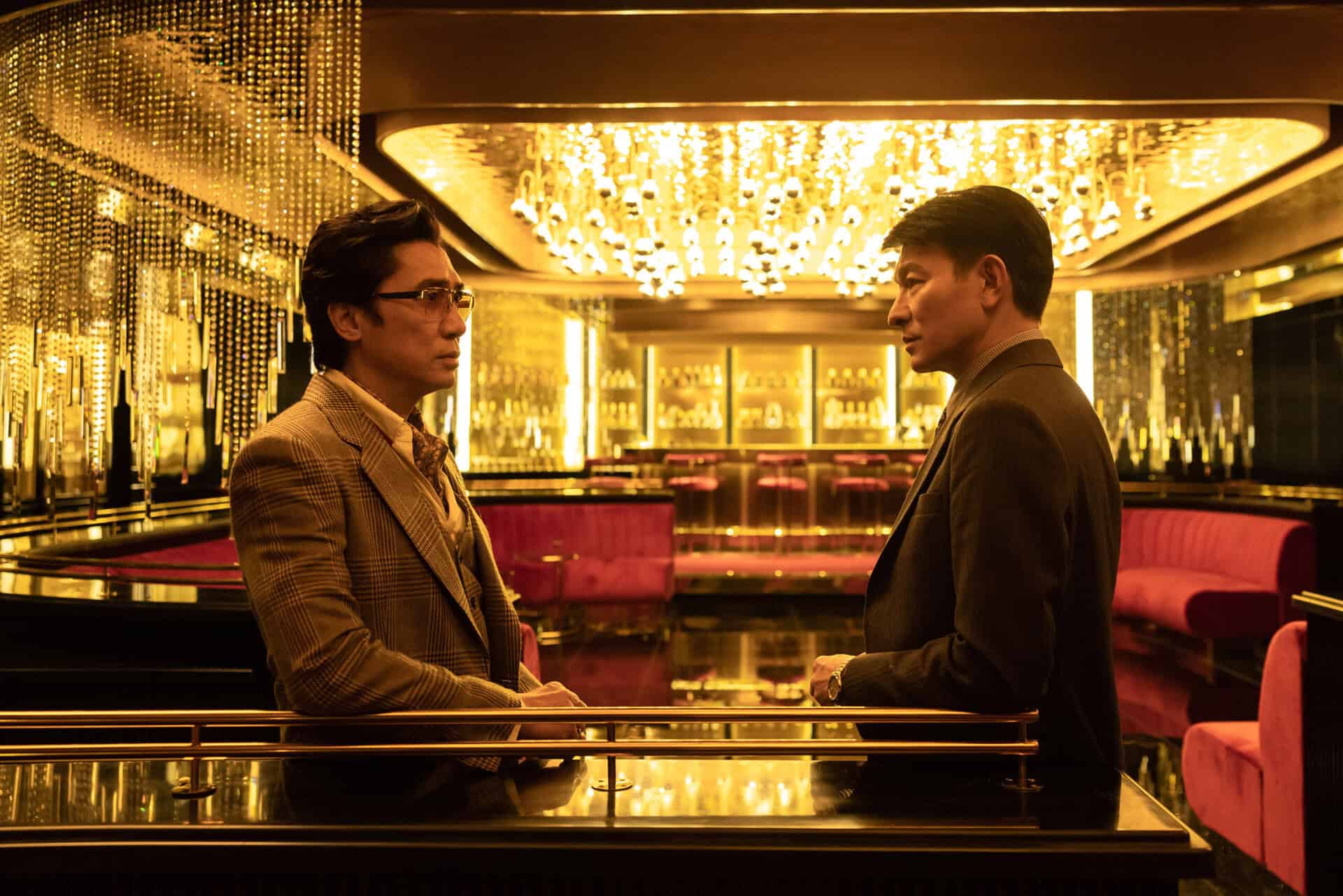
“Doing business in Hong Kong is lot of fun”
One of the most expensive Hong Kong movies ever made (HK$350 million or 41 million euros), “The Goldfinger” also brings together Felix Chong, Tony Leung and Andy Lau after “Infernal Affairs”, where the first co-wrote. Set in the 80s, the script is based on the story of Carrian Group, a Hong Kong corporation which rose rapidly before collapsing shortly afterwards due to a corruption scandal.
Buy This Title
by clicking on the image below
The movie actually starts with Henry Ching’s arrest, who is based on Carrian Group founder George Tan, Lau Kai-yuen, principal investigator of the Independent Commission Against Corruption (ICAC). A bit later, the timeline changes to the mid-70s, with Henry Ching arriving in Hong Kong and trying to get a job as an engineer. Considering the place is filled with people of the particular profession, he has no luck. Although so it seems, since he is eventually employed by K.K. Tsang, one of the heirs of a rather rich family, who has him posing as a buyer for his property, in order to convince Wu Reshong, an actual potential buyer, to increase the price he is offering. The plan eventually succeeds, and Tsang takes Ching under his wing, eventually giving him the capital to open his own company, which he ends up naming after his first hire, Carmen Cheung. Their luck, though, truly changes when Ching gets swindled in the stock market by Wu Reshong’s broker, Chung and decides to hire him. An initially reluctant to leave his employer Chung, is eventually convinced when Ching “offers” him Carmen, with the two eventually becoming a couple.
As they manage to manipulate the stock market and buy property by giving their stocks as contraband for increasingly bigger loans, the group, which eventually also includes Wu Reshong, starts becoming more and more successful. Eventually, they reach international level, with their stock being considered even more valuable than blue chips, but the handover changes everything. The second axis, of the present, also moves forward, showing Ching as a cruel man who does not shy from murdering his opponents, and Lau being continuously on his heels, despite his many failures and the strain his efforts place in his relationship with his family.
First things first. The classic style of Hong Kong cinema, with its permeating nonsensicality and the focus on individual scenes rather than the movie as a whole is not exactly ideal to present true stories. The fact becomes quite evident by the way the story progresses in a fashion that frequently does not make sense, with the back-and-forth in time not helping with the overall sense that the viewer is missing something. The scenes in the court, the presentation of the foreigners, and the ending suffer the most from this approach.
On the other hand, there are definitely enough elements here to make the film rise beyond its issues. First and most obvious, the cast and the acting. Tony Leung as Henry Ching gives another splendid performance, with the way he transforms through the years being a treat to watch. Andy Lau as Lau Kai-yuen is equally good as a character that is essentially the exact opposite of Ching, although the two share an obsession to achieve their goals against all odds. Simon Yam adds even more star quality as the benefactor who eventually becomes part of the group Ching heads. Michael Ning as Chung, and the way he falls for Carmen is one of the best aspects of the movie, while Charlene Choi, who plays her, is an impressive presence but in a role that is rather badly written. Lastly, Tai Bo as Wu Renshong, who will be forever remembered for eating two plates of spaghetti on his face in “Project A”, concludes the overall great cast, as an individual who is the top boss, but eventually is surpassed by Ching.
Furthermore, the comments about corruption, which actually start with the police in the first scenes in the movie, and the relationship between them, the capital, the stock market, and the crime world become quite evident. It is also worth noting that Ching was probably involved with people from the Philippines (Imelda Marcos), Indonesia and Malaysia, and the script actually includes them, giving the corruption an international scale. All in all, this is a great story and the fact becomes quite evident throughout the movie, even with the aforementioned shortcomings.
In that regard, what is actually equally impressive with the casting, is the amount of scenes presented through the 126 minutes of the movie, which is truly exuberant, highlighting both the big budget of the production and the amount of work that was put in the film. Occasionally, the audiovisual approach reminds intently of “The Wolf of Wall Street”, while there is a scene that will definitely make one think of “Sin City”. For the most part, though, “The Goldfinger” is its own animal, with the technical aspect finding its zenith in scenes like the one with the battle in the Golden Triangle, the one with the models dancing in glass cages, and the murder attempt on Lau. Overall, the visuals here, as captured by DP Anthony Pun are nothing short of impressive.
The Goldfinger is screening at UdineFar East Film Festival 2024
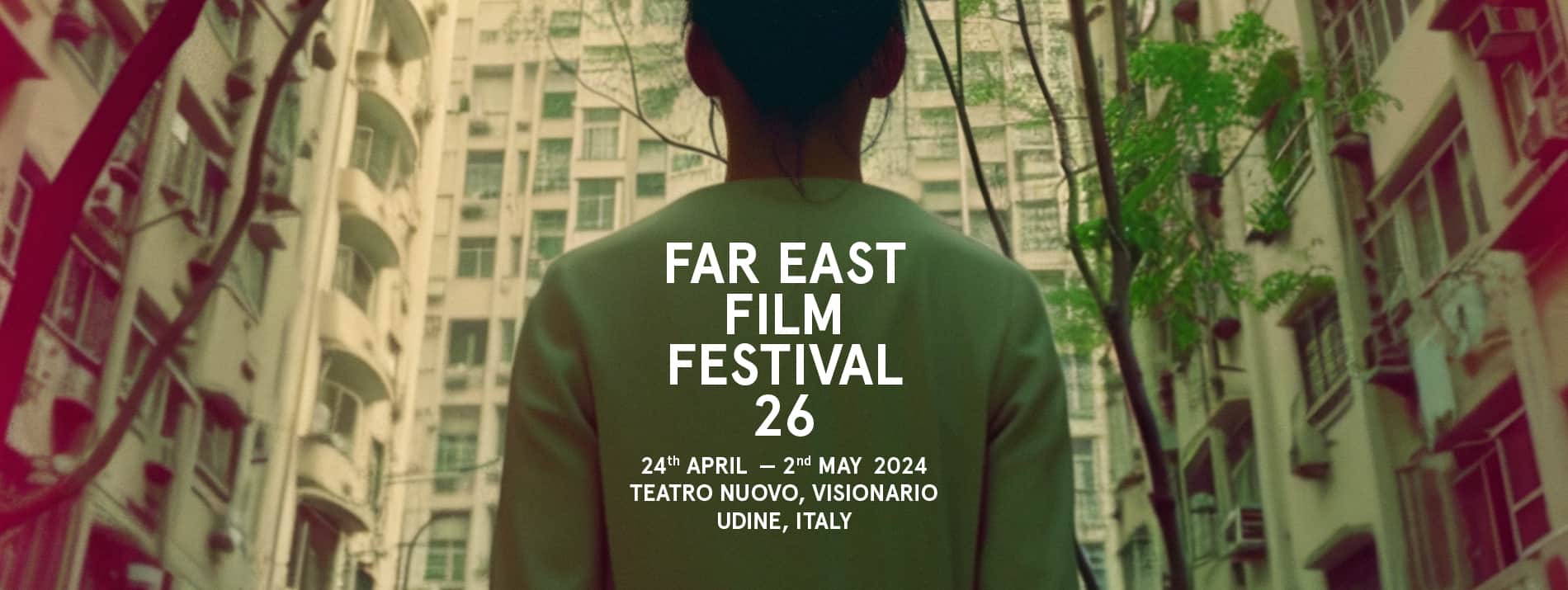
Again as usual in HK blockbusters, William Chang and Curran Pang’s editing results in a rather frantic face, which manages to hide the narrative issues to the point, also through the mixture of the timelines.
Overall, I am not sure how much the particular approach of HK cinema still applies here, particularly in real stories, but the fact remains that “The Goldfinger” is an outstandingly casted, audiovisually impressive film that offers entertainment aplenty.
-

 Kentucky1 week ago
Kentucky1 week agoKentucky first lady visits Fort Knox schools in honor of Month of the Military Child
-
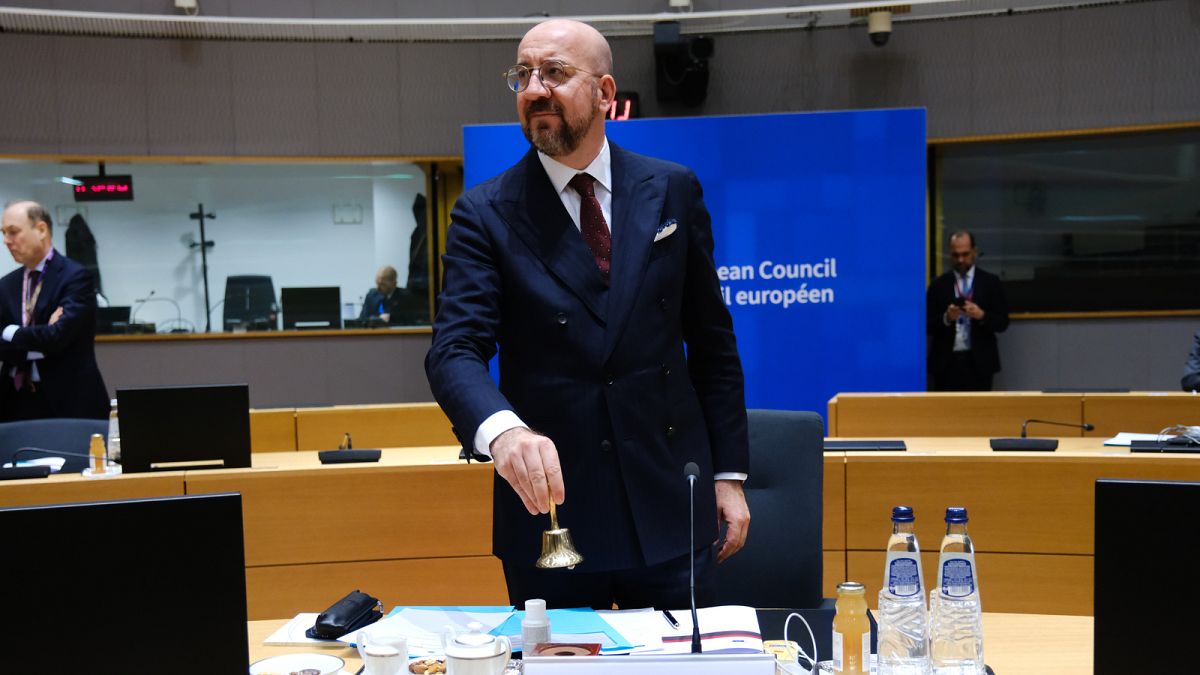
 World1 week ago
World1 week agoEU leaders weigh Lebanon partnership in response to Middle East crisis
-

 Movie Reviews1 week ago
Movie Reviews1 week agoFilm Review: Challengers – The Knockturnal
-
News1 week ago
Maryland high school student arrested after authorities discovered a 129-page document detailing school shooting plan, police say | CNN
-

 World1 week ago
World1 week agoIranian media says three drones downed after explosions heard in Isfahan
-

 World1 week ago
World1 week agoShipping firms plead for UN help amid escalating Middle East conflict
-

 News1 week ago
News1 week agoVideo: Kennedy Family Endorses President Biden
-

 Politics1 week ago
Politics1 week agoIsrael hits Iran with 'limited' strikes despite White House opposition









